Living in a tiny house has both advantages and disadvantages. On one hand, it can lead to a simpler, more minimalist lifestyle, with lower costs for housing and living expenses. Tiny houses are also often more environmentally friendly, with smaller carbon footprints and lower utility bills. Additionally, the compact size and mobility of tiny houses can provide the freedom to travel and explore new places, creating an adventurous and fulfilling lifestyle. On the other hand, tiny houses have limited space, which can be a challenge for those with families or those who are used to larger homes. Additionally, tiny houses often require a different living style and mindset, which may not be suitable for everyone. Additionally, zoning laws and building codes can also present obstacles, as tiny houses may not be allowed in certain areas. It is important to carefully consider both the advantages and disadvantages of tiny house living before making the decision to pursue this lifestyle.
Advantages:
- Affordability: Tiny houses are generally more affordable than traditional homes. They require less materials to build, have lower utility bills and property taxes.
- Sustainability: Tiny houses are often designed to be more energy-efficient and eco-friendly than traditional homes. They typically require less energy to heat and cool and have a smaller ecological footprint.
- Mobility: Tiny houses can be built on wheels, making them mobile and easy to move. This allows you to live in different locations and to adapt to different situations, such as downsizing or relocating for work.
- Minimalism: Living in a tiny house can encourage a more minimalist lifestyle. You will be forced to downsize and declutter, which can be a positive experience.
- Sense of community: Tiny house communities are becoming more popular, and they offer a sense of community and support that can be hard to find in traditional neighborhoods.
Disadvantages:
- Limited space: Tiny houses are small, which can be limiting in terms of living and storage space. This can be challenging for people who are used to a larger home or for families with children.
- Zoning laws and building codes: Tiny houses may not be legal in certain areas, and zoning laws and building codes can vary from place to place. This can make it difficult to find a place to park your tiny house or to get the necessary permits to build one.
- Lack of privacy: Tiny houses often have open floor plans and few walls, which can make it difficult to find privacy.
- Limited resale value: Tiny houses may not have the same resale value as traditional homes, which can make it harder to sell if you decide to move on.
- Limited amenities: Tiny houses may not have the same amenities as traditional homes, such as a full kitchen, laundry room, or a dedicated office space.
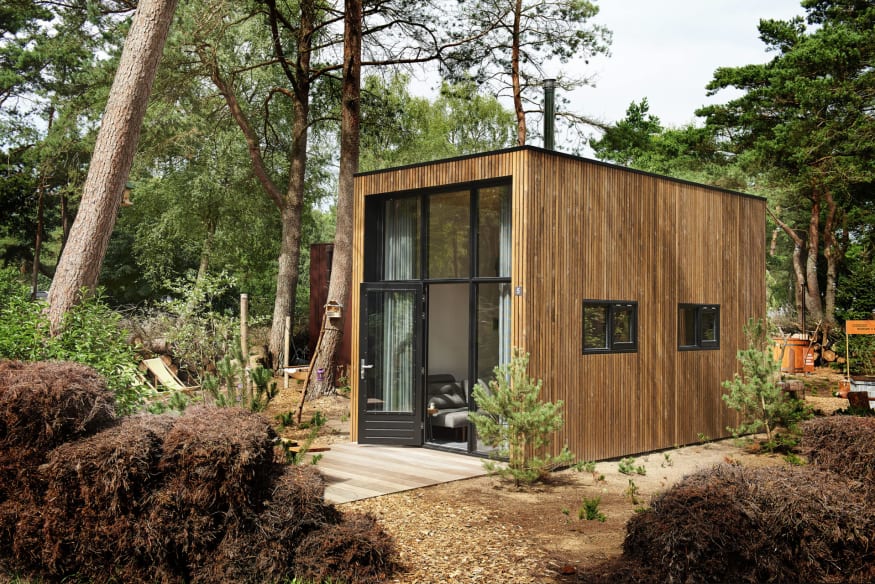
In summary, living in a tiny house can be a unique and fulfilling experience, but it’s not for everyone. It’s important to consider your lifestyle and needs, as well as the cost and feasibility of owning a tiny house, before making a decision. It’s also important to research and understand the regulations in your area, as zoning laws and building codes can affect the feasibility of owning a tiny house.Top of Form
Is It Smart to Live In A Tiny House?
Living in a tiny house can be a smart choice for some people, but it may not be the right choice for everyone. Some of the factors that make it a smart choice include affordability, sustainability, mobility, minimalism, and a sense of community. Tiny houses are often more affordable than traditional homes and can require less energy to heat and cool, making them a great option for people who are looking to save money or who are looking to live more sustainably. They can also be built on wheels, making them mobile and easy to move, which can be a smart choice for people who are looking to live in different locations or who are looking to adapt to different situations. Living in a tiny house can also encourage a more minimalist lifestyle and provide a sense of community and support.
However, there are also factors that may make it not a smart choice for some people, such as limited space, zoning laws and building codes, lack of privacy, limited resale value, limited amenities, and limited accessibility. Tiny houses are small, which can be limiting in terms of living and storage space, which can be challenging for people who are used to a larger home or for families with children.
Why Are Tiny Houses Good?
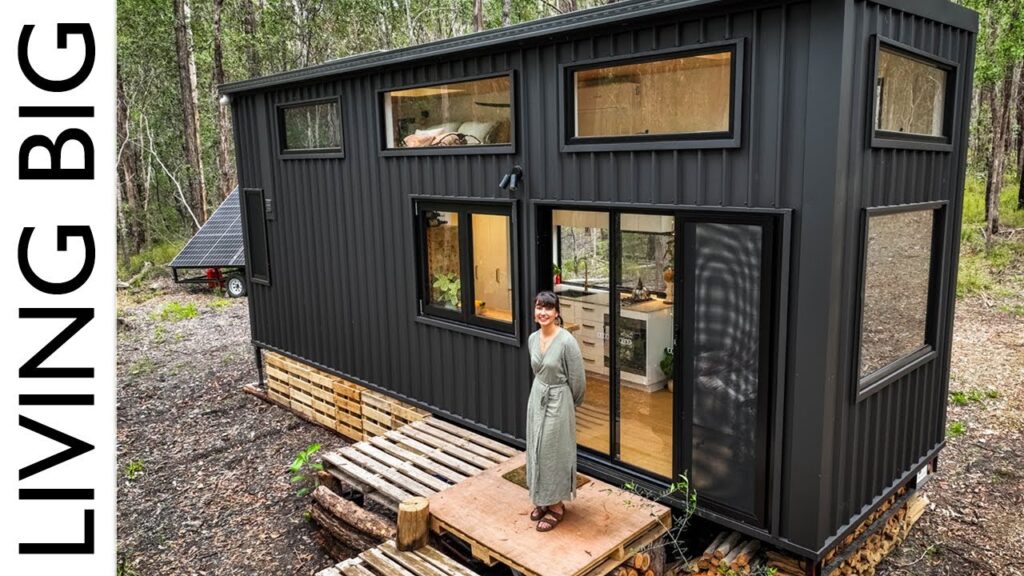
Tiny houses are good for a variety of reasons. Some of the main benefits include:
- Affordability: Tiny houses are generally more affordable than traditional homes. They require less materials to build, have lower utility bills and have lower property taxes, making it a more accessible option for people with different budgets.
- Sustainability: Tiny houses are often designed to be more energy-efficient and eco-friendly than traditional homes. They typically require less energy to heat and cool and have a smaller ecological footprint. This makes tiny houses a great option for people who are looking to reduce their carbon footprint or who are looking to live more sustainably.
- Mobility: Tiny houses can be built on wheels, making them mobile and easy to move. This allows you to live in different locations and to adapt to different situations, such as downsizing or relocating for work.
- Minimalism: Living in a tiny house can encourage a more minimalist lifestyle. You will be forced to downsize and declutter, which can be a positive experience for some.
- Sense of community: Tiny house communities are becoming more popular, and they offer a sense of community and support that can be hard to find in traditional neighborhoods.
- Simplicity: Tiny houses have a small footprint and require less maintenance, making them a simple and easy option for those that want to downsize their life and simplify their lifestyle.
In addition, Tiny Houses can be a creative solution for housing problems such as homelessness, lack of affordable housing, and urban density. They are also a great way to reduce the environmental impact of housing and to improve the quality of life for many people.
Can You Travel Full Time in A Tiny Home?
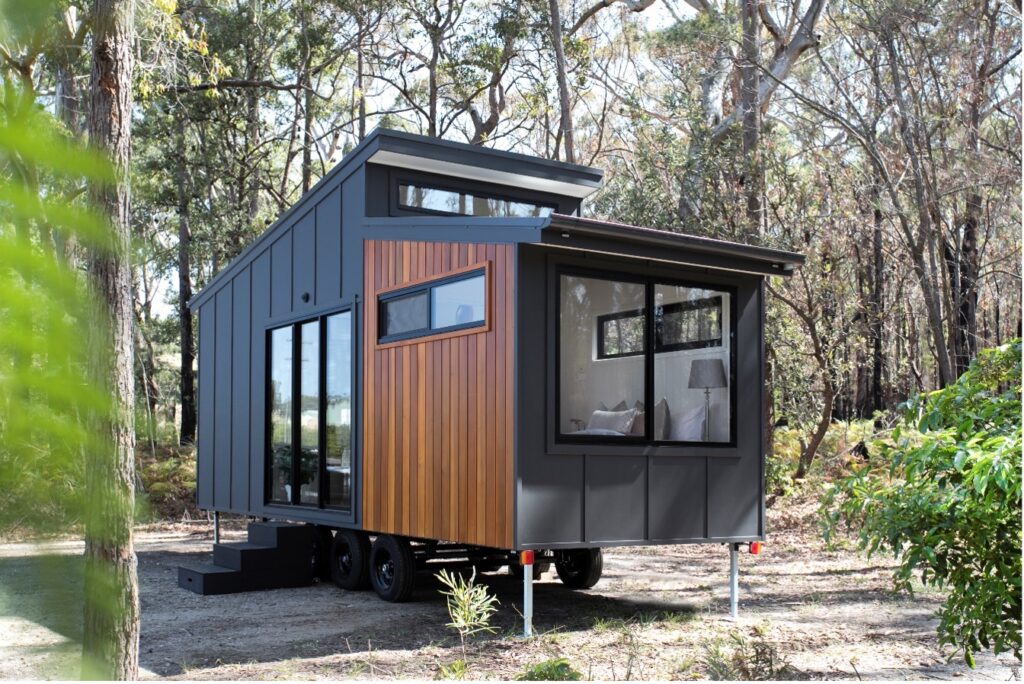
Yes, it is possible to travel full-time in a tiny home. Tiny homes that are built on wheels are designed to be mobile and can be moved from place to place. This allows you to travel and live in different locations, and to adapt to different situations. Some people choose to live full-time in their tiny homes and travel the country or even the world.
However, it’s important to note that traveling full-time in a tiny home can come with its own set of challenges. Finding legal places to park and stay can be difficult, as zoning laws and building codes vary from place to place. Also, full-time travel in a tiny home may require a change in lifestyle and a more minimalist approach to living.
Additionally, it’s important to plan and make sure that you have all the necessary systems in place for your tiny home to function properly on the road, such as a reliable power source and a means of waste disposal. It’s also important to research and understand the regulations in the places you plan to visit, as they can affect the feasibility of parking and staying in a tiny home in that area.
In summary, it is possible to travel full-time in a tiny home, but it requires careful planning, research, and understanding of the regulations in different areas. It also requires a change in lifestyle and a more minimalist approach to living.


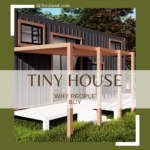
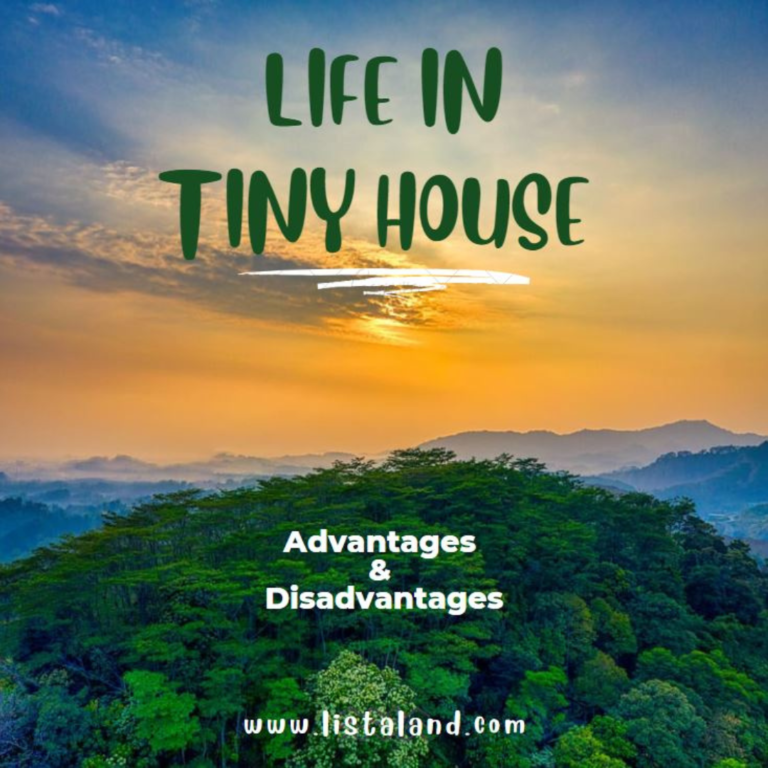
0 Comments